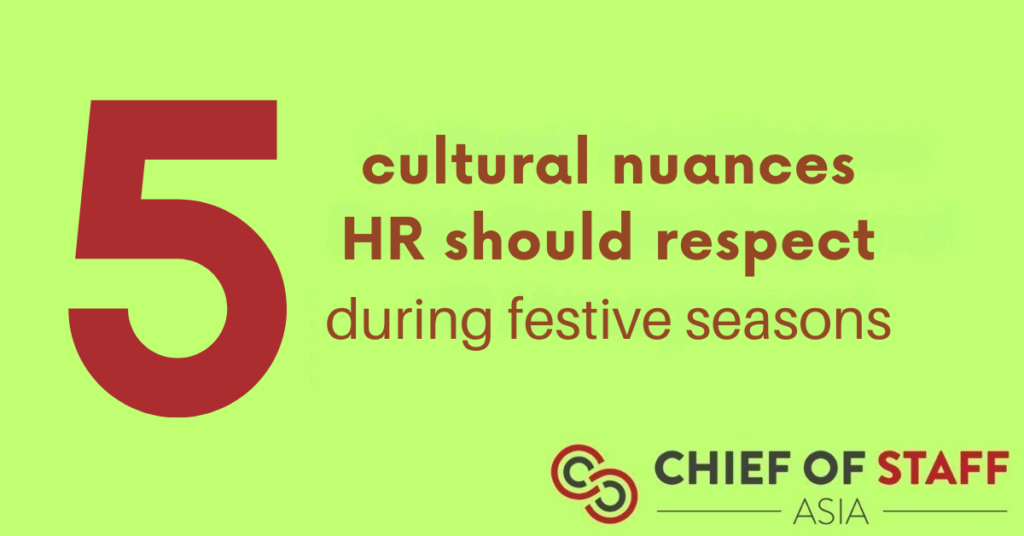Across Southeast Asia’s evolving business landscape, traditional hierarchical structures are increasingly giving way to flatter organisational models emphasising agility and innovation. This structural shift presents unique challenges for HR professionals tasked with providing meaningful career development in environments with fewer vertical advancement opportunities. Regional talent retention studies indicate that career progression remains a primary concern for employees across markets including Singapore, Malaysia, and Vietnam, regardless of organisational structure.
The challenge is particularly significant in Southeast Asia’s technology sector where flat structures predominate, and in regional operations of multinational corporations implementing global structural models that may contrast with local expectations. Progressive organisations throughout the region recognise that addressing career development needs within flat structures requires rethinking traditional progression paradigms while acknowledging cultural contexts where hierarchical advancement often symbolises professional success and social recognition.
Expertise expansion pathways
Forward-thinking organisations across Southeast Asia are implementing structured approaches for horizontal skill development. Singapore-based technology companies have created “expertise mapping” frameworks outlining competency progression within specialisations rather than management hierarchies. Malaysian organisations increasingly offer formal recognition programmes for deepening technical capabilities, ensuring expertise development receives visibility comparable to managerial advancement. These approaches directly address regional cultural tendencies to associate career progress with formal status markers by creating alternative recognition systems that celebrate depth of capability. By formalising and communicating expertise development pathways, organisations provide direction and purpose for professionals preferring specialist rather than managerial trajectories.
Project-based advancement models
Progressive organisations throughout the region are implementing project responsibility frameworks as alternatives to traditional promotions. Thailand-based companies have developed tiered project complexity systems where professionals progress from supporting to leading increasingly strategic initiatives. Indonesian organisations increasingly incorporate project portfolio diversity into performance evaluations, recognising breadth of implementation experience. These approaches acknowledge Southeast Asian cultural preferences for clear advancement markers by providing tangible evidence of professional growth. By systematically increasing project scope and complexity, organisations create development experiences that build capabilities while providing the sense of progression traditionally associated with hierarchical advancement but without requiring structural changes.
Lateral movement programmes
Inovative organisations across Singapore and Malaysia have implemented structured approaches to cross-functional career development. Forward-thinking companies create “capability exchange” programmes where employees temporarily join different departments to acquire complementary skills. Vietnamese organisations increasingly incorporate cross-functional exposure into formal development plans, treating lateral moves as progressive career steps rather than sideways shifts. These approaches address regional tendencies toward specialisation by demonstrating how capability diversification enhances rather than dilutes professional identity. By formalising and celebrating lateral development, organisations help professionals understand how breadth of experience creates unique value propositions in flat structures where versatility often trumps narrow specialisation.
Influence expansion frameworks
Progressive organisations across the Philippines and Indonesia have developed systems recognising increased organisational impact beyond hierarchical progression. Forward-thinking companies implement “sphere of influence” frameworks documenting how professionals expand their change agency from immediate teams to departmental and eventually organisational levels. Thai organisations increasingly incorporate influence metrics into performance reviews, evaluating professionals’ ability to drive outcomes without formal authority. These approaches directly address status considerations important in Southeast Asian professional contexts by providing alternative recognition mechanisms. By formalising influence development, organisations acknowledge that meaningful career progression extends beyond titles to include growing ability to shape organisational direction regardless of hierarchical position.
Advisory and governance participation
Innovative organisations throughout Southeast Asia create leadership development through involvement in decision-making bodies beyond traditional management roles. Malaysian companies have implemented “advisory council” programmes where high-potential employees participate in strategic forums regardless of hierarchical position. Singaporean organisations increasingly include non-managers in governance committees addressing ethical considerations of emerging technologies and practices. These approaches address regional cultural expectations for recognition by providing visible association with organisational leadership. By expanding participation in significant decision processes, organisations demonstrate commitment to developing capabilities and acknowledging contributions from talented professionals while maintaining structurally flat operating models that support organisational agility and innovation.









